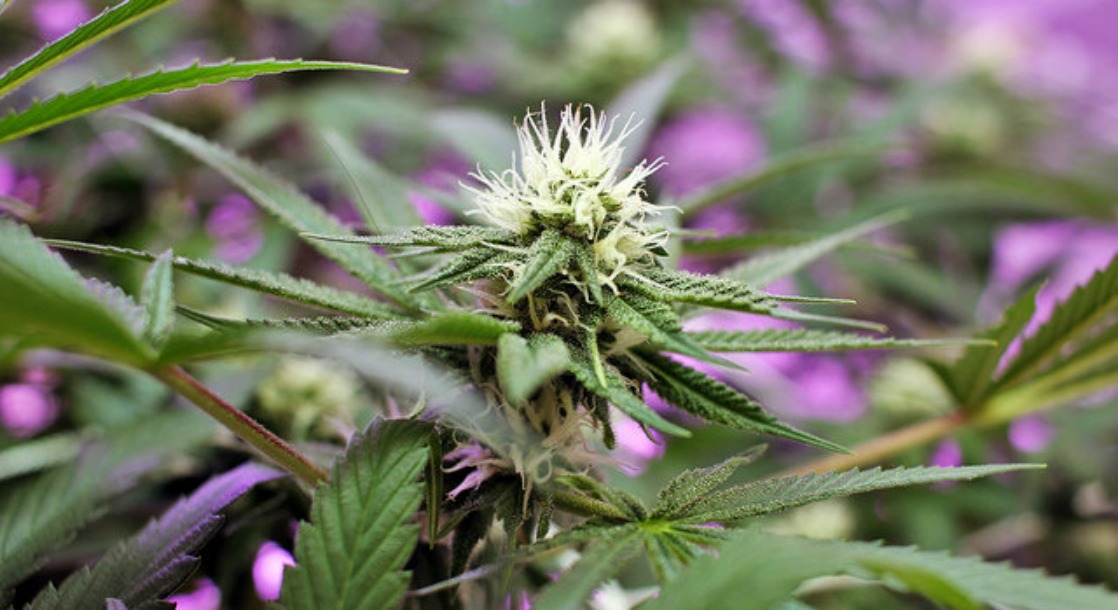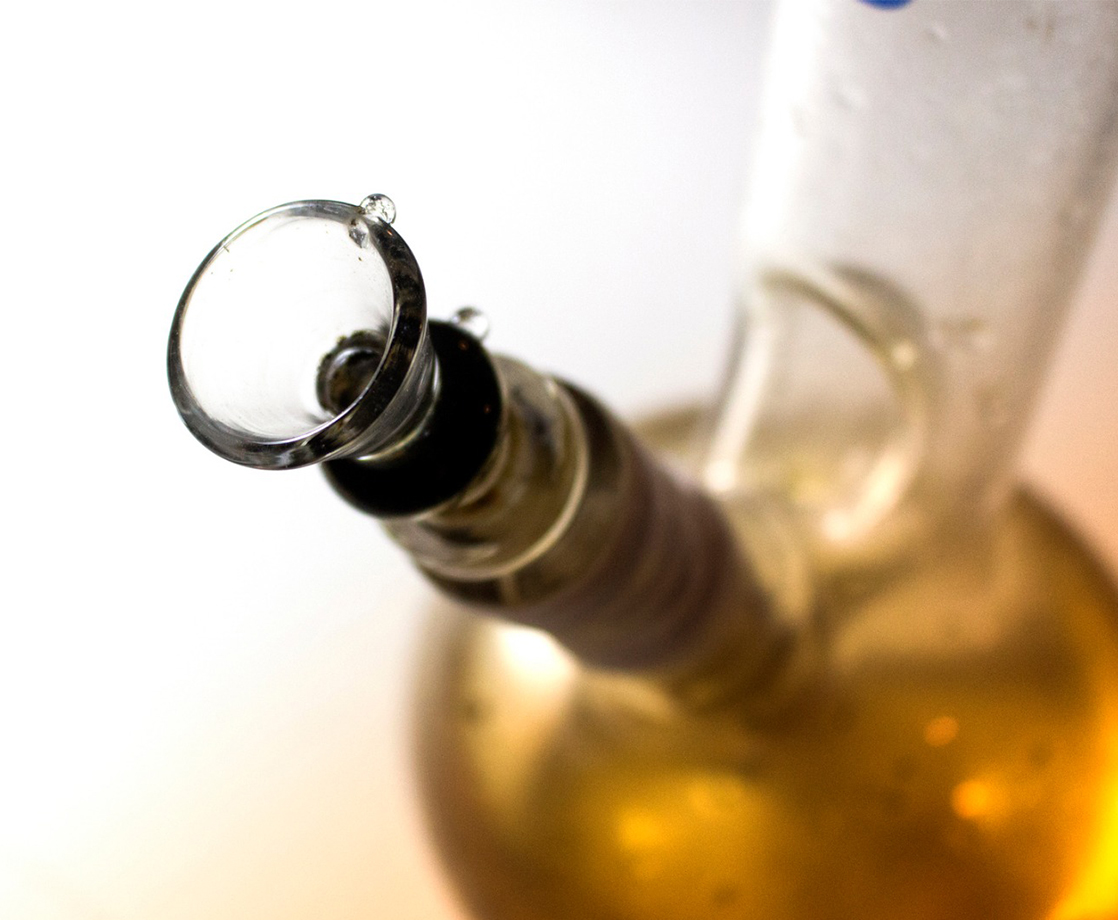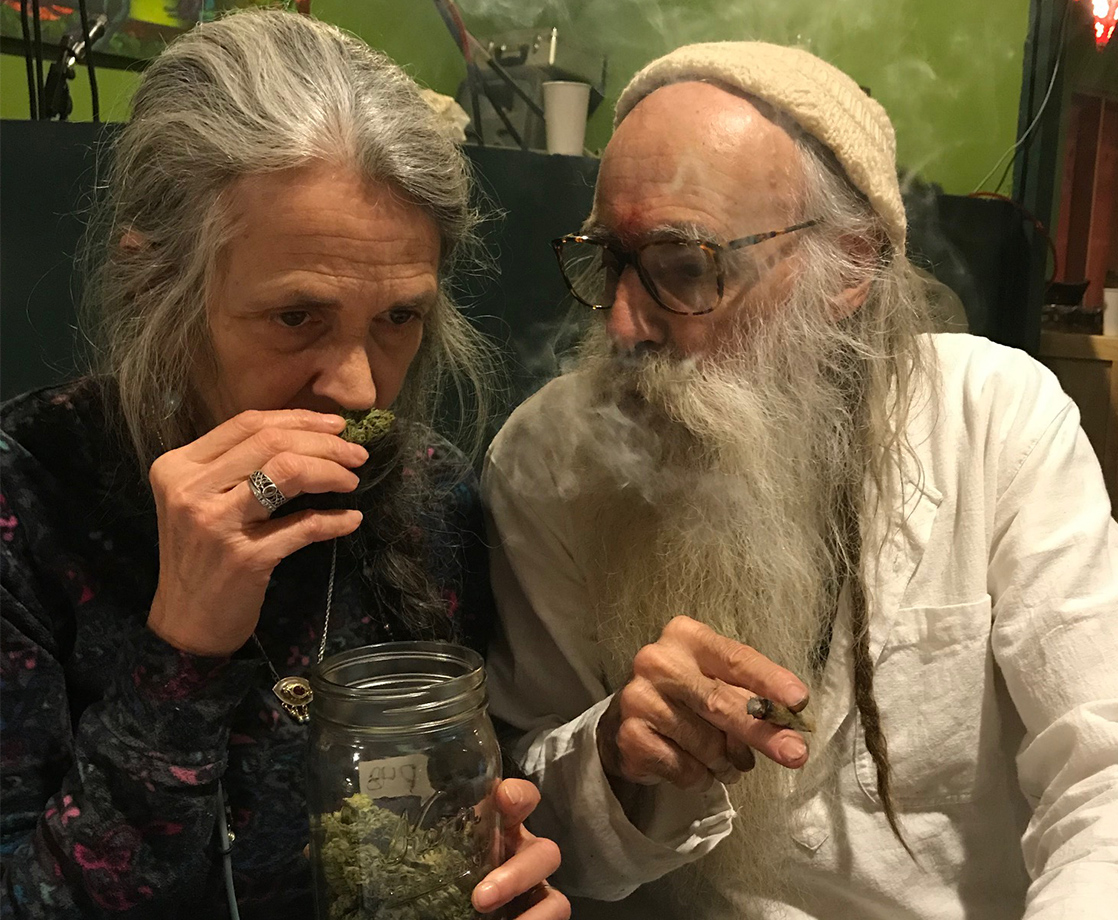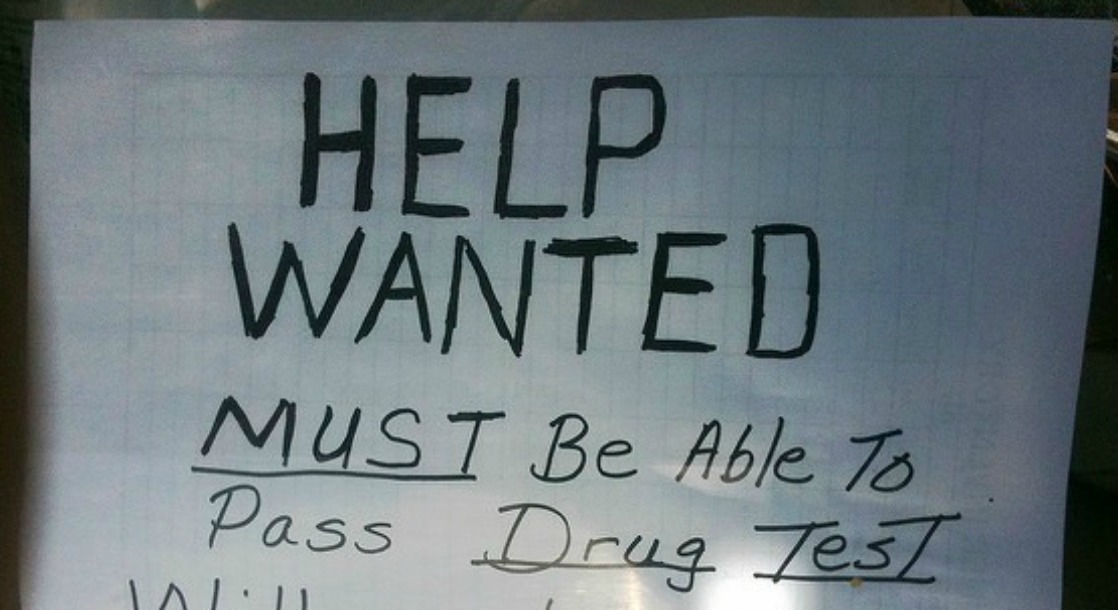Trump-appointed EPA Administrator Scott Pruitt announced this week that he will deny all requests to license pesticides specifically created for cannabis, creating yet another hurdle for the nation’s legally grey cannabis industry. Last month, California, Washington, Nevada, and Vermont applied to register four new pesticides created for cannabis crops by General Hydroponics, a subsidiary of Scotts Miracle-Gro Co.
In a letter to the four states attempting to register these new pesticides, Pruitt said that he denied these requests because marijuana is still a federally prohibited drug. This signifies a major change in direction from the Obama administration, when former EPA Administrator Gina McCarthy allowed states to take the lead in regulating cannabis pesticides.
Still, the EPA's recent pot denial should come as no surprise given Pruitt's history of opposing cannabis reform. While serving as the attorney general of Oklahoma, Pruitt challenged the authority of Colorado's legalization of cannabis, arguing that the state was similar to a Mexican drug cartel that would smuggle drugs into his state. Pruitt also unsuccessfully attempted to interfere with an upcoming ballot measure to legalize medical marijuana in Oklahoma.
Pest damage is a major issue that all cannabis cultivators deal with regularly, and lack of federal regulations on cannabis pesticides means that it is up to individual states to create their own regulations. “If we have a pest or pathogen issue, it’s much more difficult to eradicate,” Alex Cooley, one of the founders of the Seattle-based cannabis cultivation company Solstice, said. “We need to be treated like [the rest of] agriculture to appropriately supply the marketplace.”
“For many years cannabis and hemp have been significantly impacted by various pests such as powdery mildew, gray mold, aphids, thrips, and whiteflies,” John lnouye, a senior environmental scientist with California’s Department of Pesticide Regulation, said. “These pests are causing significant economic losses and causing growers to resort to the use of unregistered pesticides.”
But without clear regulations, some officials are worried that growers will resort to more harmful chemicals, like myclobutanil, a fungicide that emits dangerous hydrogen cyanide gases when burned. “We don’t want people to reach out in desperation to materials that are pretty toxic,” Rose Kachadoorian, pesticide registration and certification leader for the Oregon Department of Agriculture, said. Last month, Oregon ordered that the Azatrol brand of insecticides could no longer be sold, because it contained ingredients not approved for cannabis.
Despite Pruitt’s stubbornness, cannabis cultivators are still positive that the industry can survive without federal pesticide regulations, even if it isn’t ideal. “It’s a minor hindrance,” Cary Giguere, agricultural resource management section chief for the Vermont Agency of Agriculture, Food and Markets, said. “It isn’t slowing the industry down, it’s not slowing states working with the industry down.”











